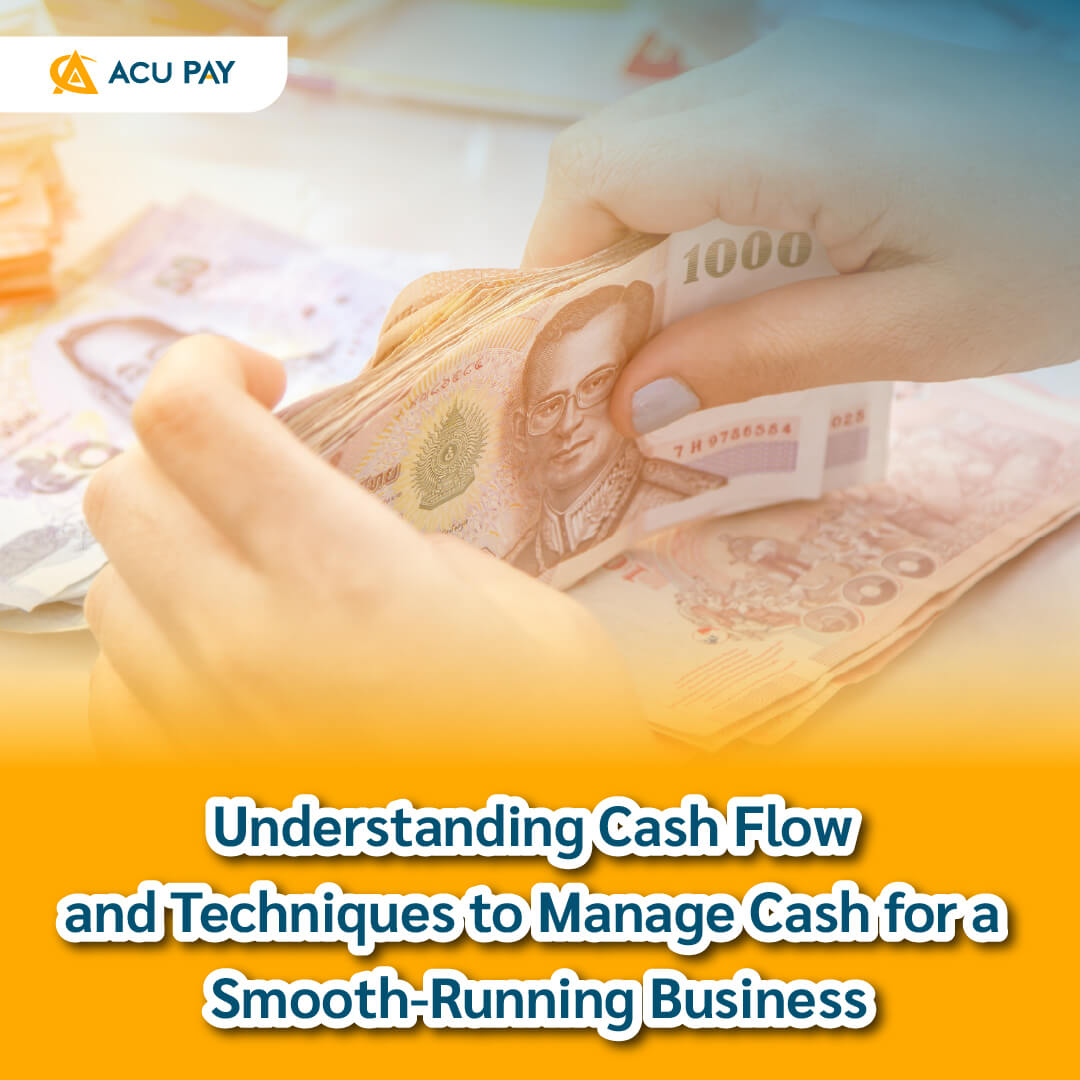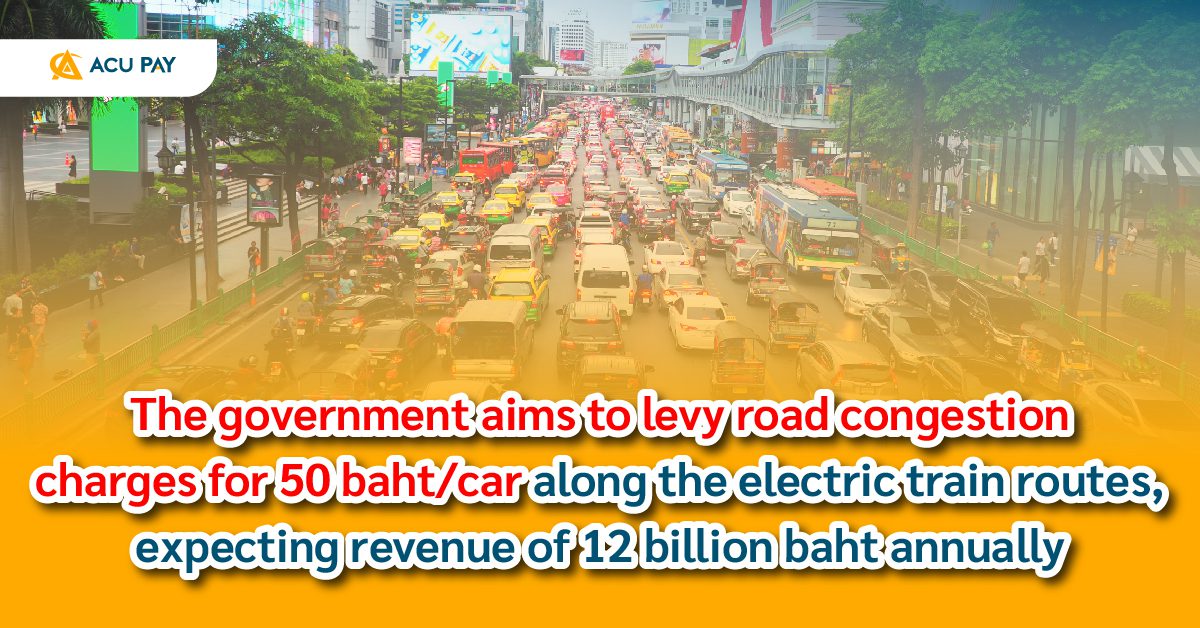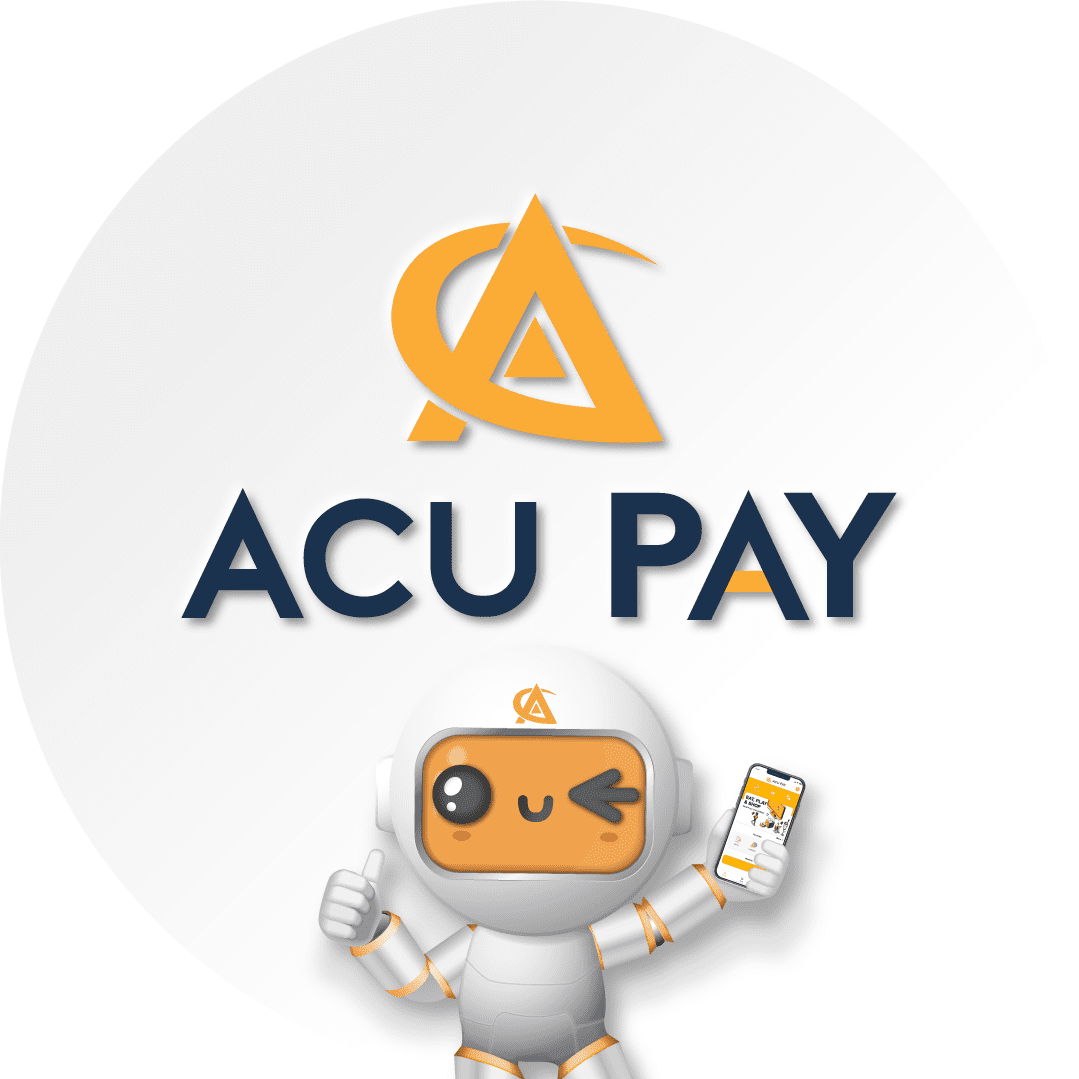

The fee collection is aimed to encourage people to use public transportation, especially electric trains, which will help reduce road traffic and PM2.5 pollution which is a major problem in the capital. Fee income will be used to fund the private electric train concession, which will help the government control fares cheaper and fairer.
Mr. Suriya said preliminary studies have established areas where fees will be collected, such as Sukhumvit Silom Road and Ratchadapisek Road, which are the main routes with heavy traffic and across electric train lines.
Based on the fee calculation, it is expected that around 700,000 cars will use the area per day. If the fee is 50 baht, the government will earn around 35 million baht per day or 12 billion baht per year. This income will be used in public transportation development and the repurchase of electric train concessions.
In the first five years, the fee will be charged at 50 baht, and in the next five years, the fee will be adjusted according to the situation and expenses incurred at that time.
Such operations have many benefits such as:
Although congestion fee collection has many benefits, there are challenges to consider, such as public perception and understanding of this policy, as well as building confidence that revenue will actually be used for the public good. There must also be a study on the proper fee collection model so that it does not burden the public too much.
The government’s proposed congestion charges are aimed at solving traffic and pollution problems in Bangkok. This approach has been applied to successful traffic management countries such as Britain, Sweden, and Singapore, which indicate that this traffic congestion fee collection can effectively reduce traffic jam problems.
Finally, this action requires close monitoring and evaluation to ensure that this policy will benefit the people and the environment in the long run.
References from
autoinfo / thestandard / mgronline

MAKE A GREAT DAY WITH ACU PAY.